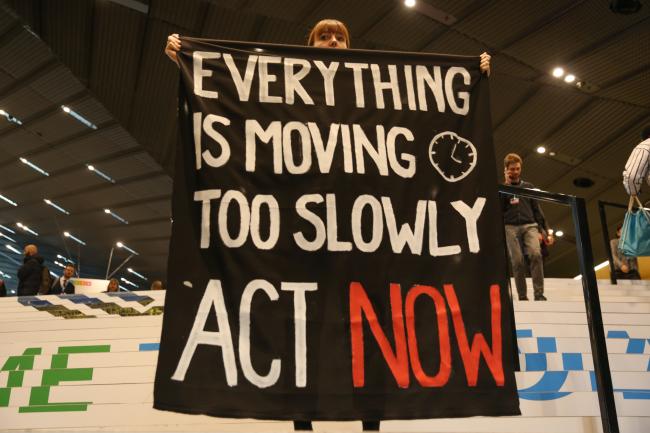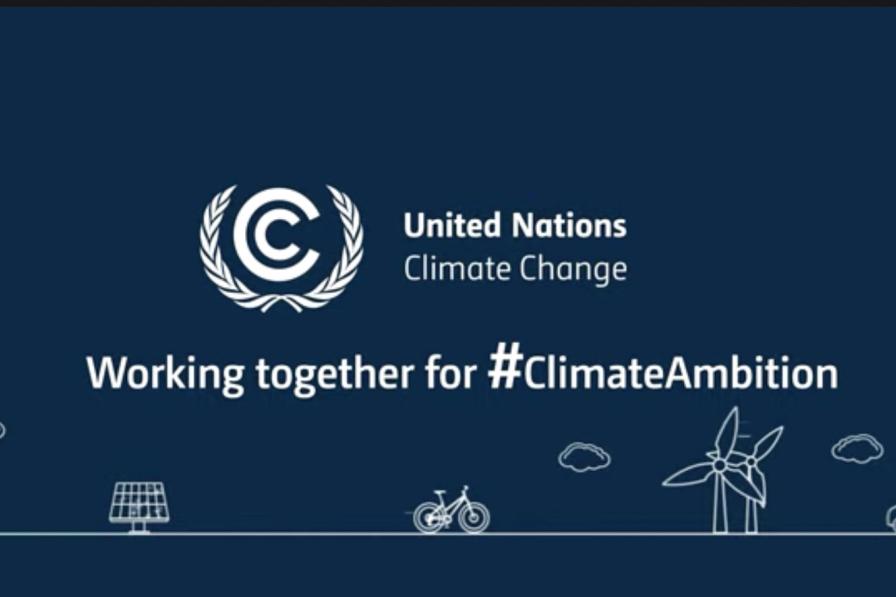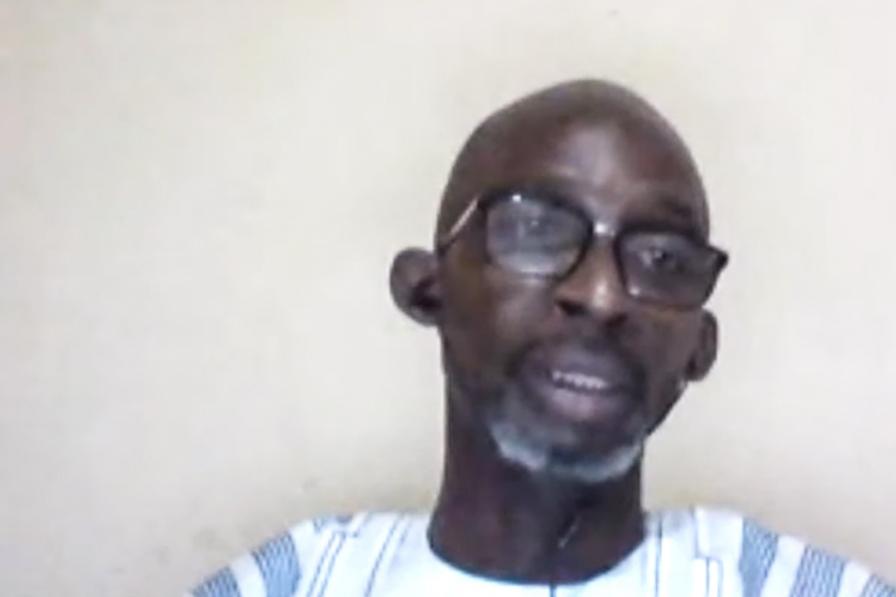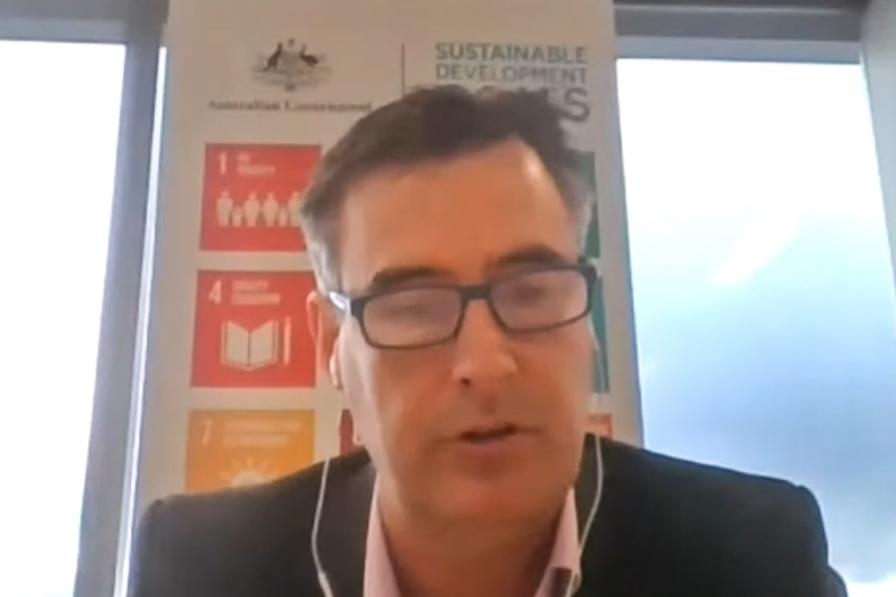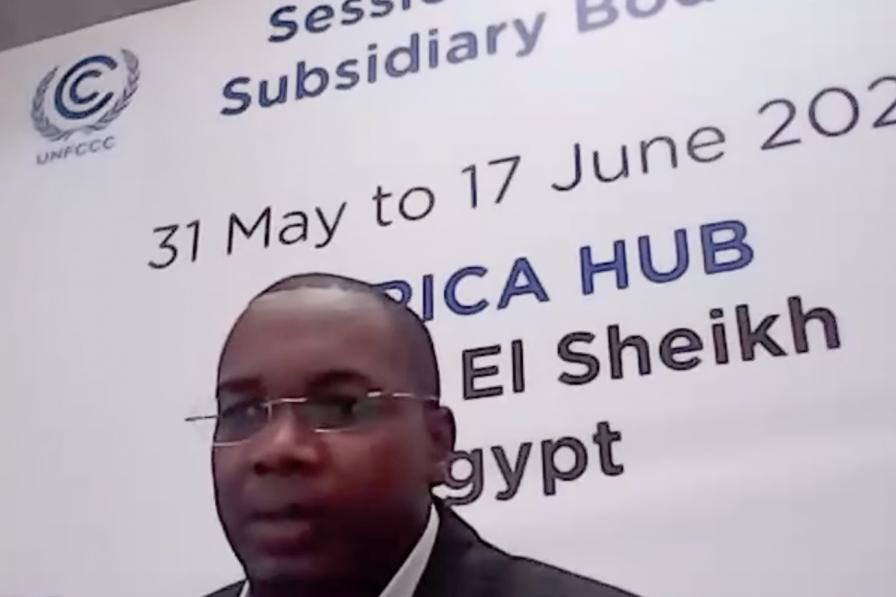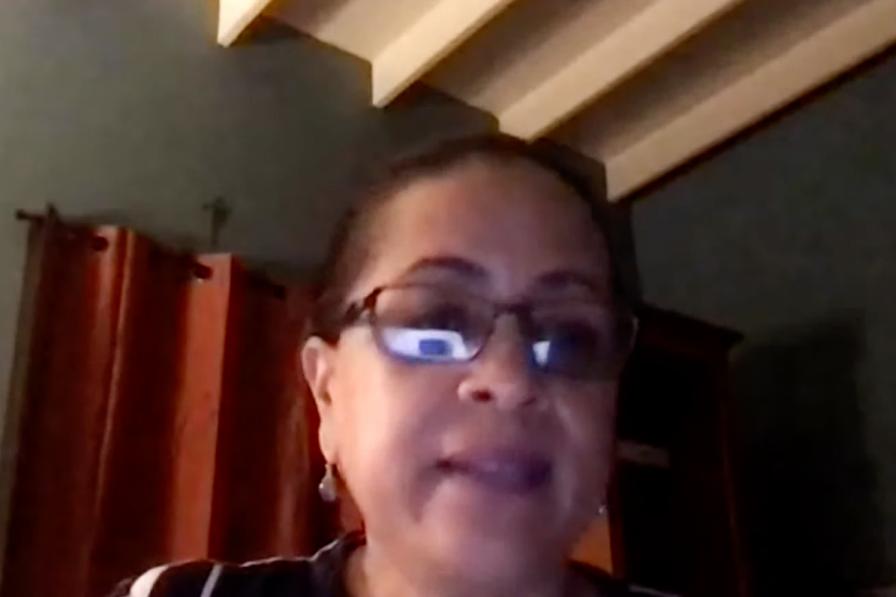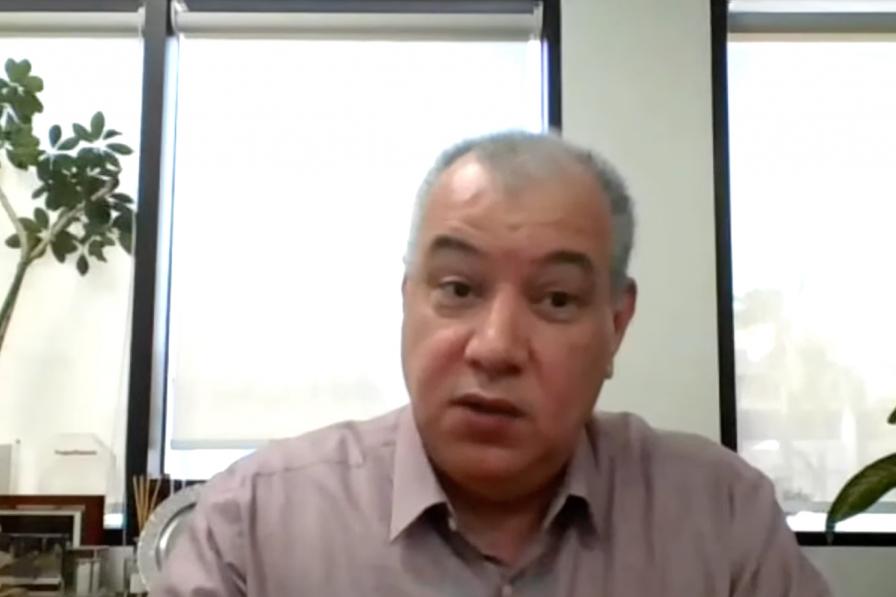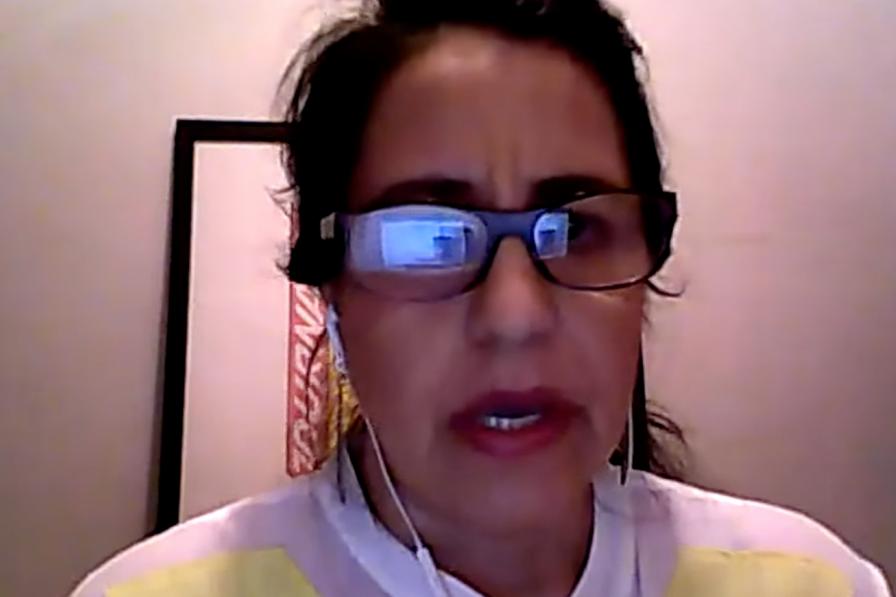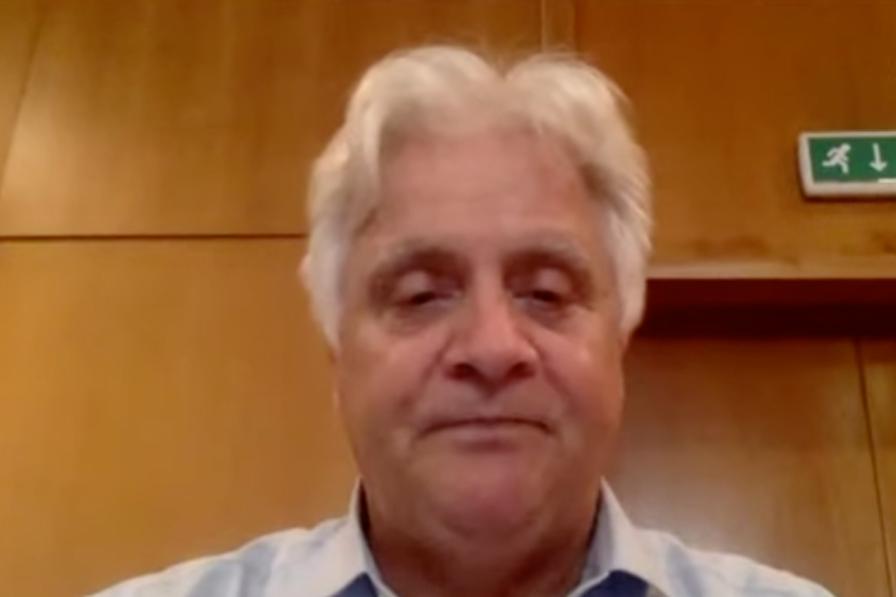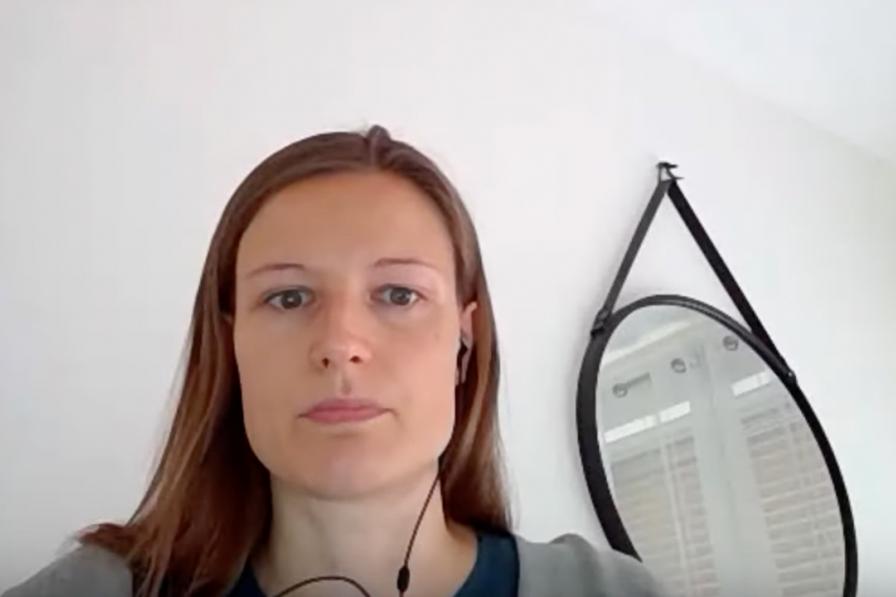The May-June 2021 UN Climate Change Conference concluded its three weeks of virtual discussions to prepare for the 26th meeting of the Conference of the Parties (COP 26) in Glasgow, Scotland, scheduled for November 2021.
The Subsidiary Body Subsidiary Body for Implementation (SBI) and the Subsidiary for Scientific and Technological Advice (SBSTA) held their closing plenaries. Groups, parties, and observers made statements, reflecting on progress made in informal consultations and outlining expectations for COP 26.
SBI and SBSTA Closing Plenaries
SBI Chair Marianne Karlsen and SBSTA Chair Tosi Mpanu-Mpanu reported that they each had issued an informal note that references all informal notes prepared by Co-Facilitators on individual draft agenda items. They noted informal notes were prepared for all items. On the way forward, they said they will prepare scenario notes that cover all items on the draft provisional agendas and identify ways forward including through textual proposals that may be helpful for advancing deliberations. They will also update parties on activities planned before COP 26.
UNFCCC Executive Secretary Patricia Espinosa urged parties not to let divisions stall the process, and underscored expectations for countries to rise to the challenge of our time and take decisive steps towards a greener and cleaner future for the benefit of all.
Julio Cordano, COP 25 Presidency, Chile, said progress achieved at the meeting differed across agenda items and noted the second half of 2021 will be crucial to advance discussions, including in Heads of Delegation consultations, and through political guidance from ministers.
Archie Young, COP 26 Presidency, UK, noted slow progress on some issues and even expansion of options at a time when parties should focus on identifying landing zones. He underscored the COP 26 Presidency’s efforts to “leave no issue and no country behind,” pointing to consultations on loss and damage, finance, adaptation, and capacity building.
Closing statements
Delegates underscored the significant amount of work ahead to find agreement on Article 6, with some noting “there were no new ideas in the Article 6 discussions” and many parties calling for political guidance to resolve outstanding issues.
Several speakers called for intersessional work on transparency, noting the need to advance technical discussions. Developing countries underscored the need for support for developing countries’ implementation of the enhanced transparency framework.
Some emphasized that virtual discussions are not conducive for negotiations and underscored the informal notes are not to be used as a basis for decisions for negotiations, although others expressed support for virtual negotiations. Others underscored that process issues related to the nature of the negotiations, rather than the virtual format. Several countries supported further intersessional work, working on draft text and convening in informal-informals.
On COP 26, some developing countries, particularly from small island states, noted the significant barriers to their travel and participation in COP 26. Some developed countries and other developing countries supported in-person negotiations. Many observers called for access to vaccines for all participants to ensure inclusion and transparency, as well as clarity on the path to COP 26 and modalities with respect to observer participation.
Other points raised by groups and parties in closing statements related to, among others:
- holding a meeting of the Katowice Committee of Experts on the impacts of the implementation of response measures before COP 26;
- operationalizing the Santiago Network for Loss and Damage; and
- ensuring that the Adaptation Fund is adequately and sustainably resourced.
The SBSTA was suspended at 9:37 am CEST, and the SBI was suspended at 9:38 am CEST.
Kindly return to this page on Monday, 21 June for the summary and analysis of the meeting.
To receive continuing coverage of this event delivered to your inbox, subscribe to the ENB Update newsletter.
